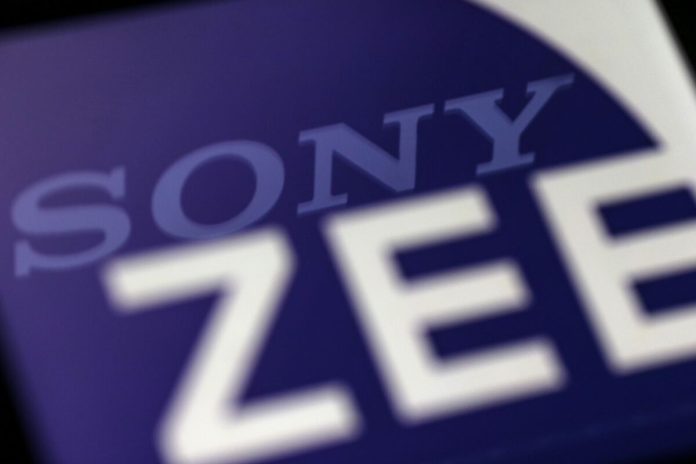Business: Sony Group formally announces the termination of the merger with Zee Entertainment.
Sony Group Corp. has officially notified Zee Entertainment Enterprises Ltd. of its choice to terminate the merger with its India unit, as reported by Bloomberg.
Early on Monday, the Japanese entertainment giant sent a termination letter to Zee and is anticipated to publicly disclose it to the exchange. Sony cited unmet conditions as the rationale for calling off the merger with Zee, according to the report.
The merger, declared over two years ago, encountered difficulties, particularly regarding the leadership of the merged entity. The situation was further complicated by the Securities and Exchange Board of India (SEBI) investigation into Zee chief executive officer Punit Goenka.
Why did Sony call off the $10 billion merger deal with Zee?
The decision to terminate the merger arises from a deadlock between the companies, primarily centered around the leadership structure of the combined entity. The involvement of Zee‘s CEO Punit Goenka, who is currently under investigation by the capital markets regulator SEBI, has intensified this impasse. Consequently, this deadlock has significantly disrupted the deal, originally designed to create a $10 billion media powerhouse poised to compete with global giants such as Netflix Inc. and Amazon.com Inc.
Sony‘s termination letter comes after the conclusion of a 30-day grace period over the weekend, within which the two parties were unable to reach an agreement on a deadline established in late December.
In June, the Securities and Exchange Board of India (SEBI) leveled accusations against the Mumbai-based media house, alleging the falsification of loan recoveries to conceal private financing deals by its founder, Subhash Chandra. SEBI‘s interim order outlined that Chandra and his son, Goenka, had “abused their position” and diverted funds.
Despite Goenka securing relief from an appellate authority against the SEBI order, which prohibited him from holding an executive or director position in a listed company, Sony persisted in viewing the ongoing probe as a persistent corporate governance issue.

